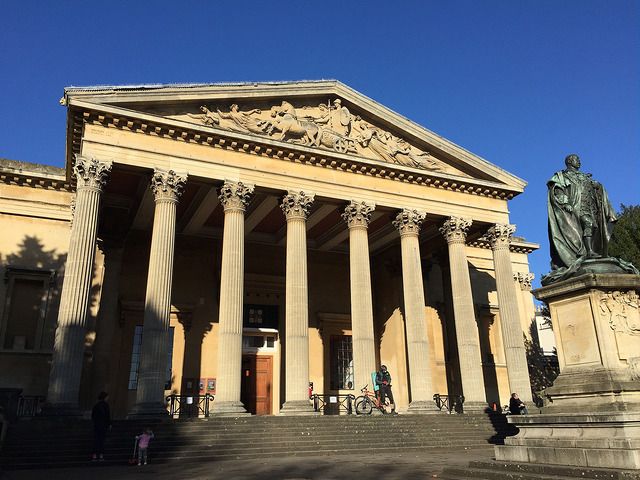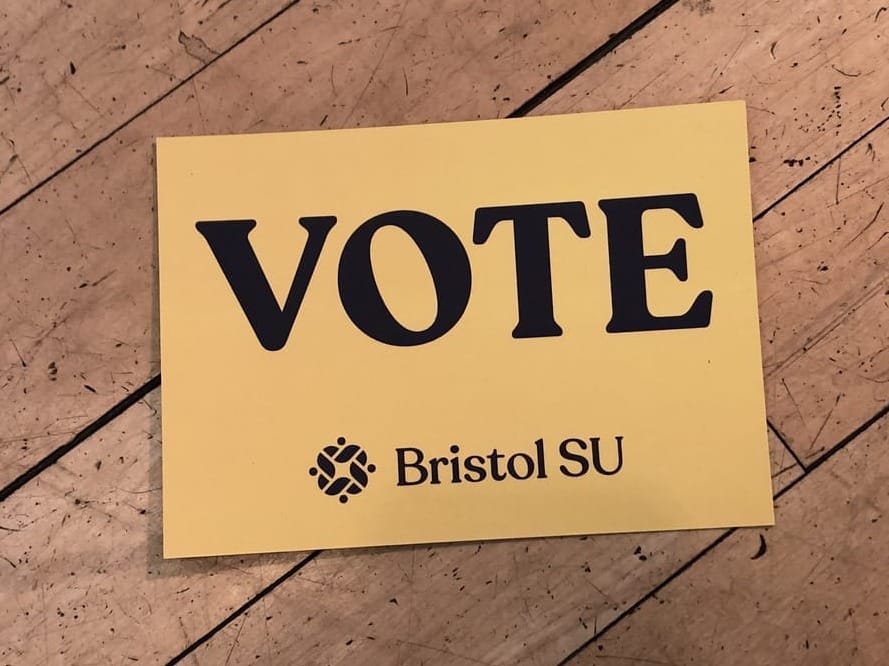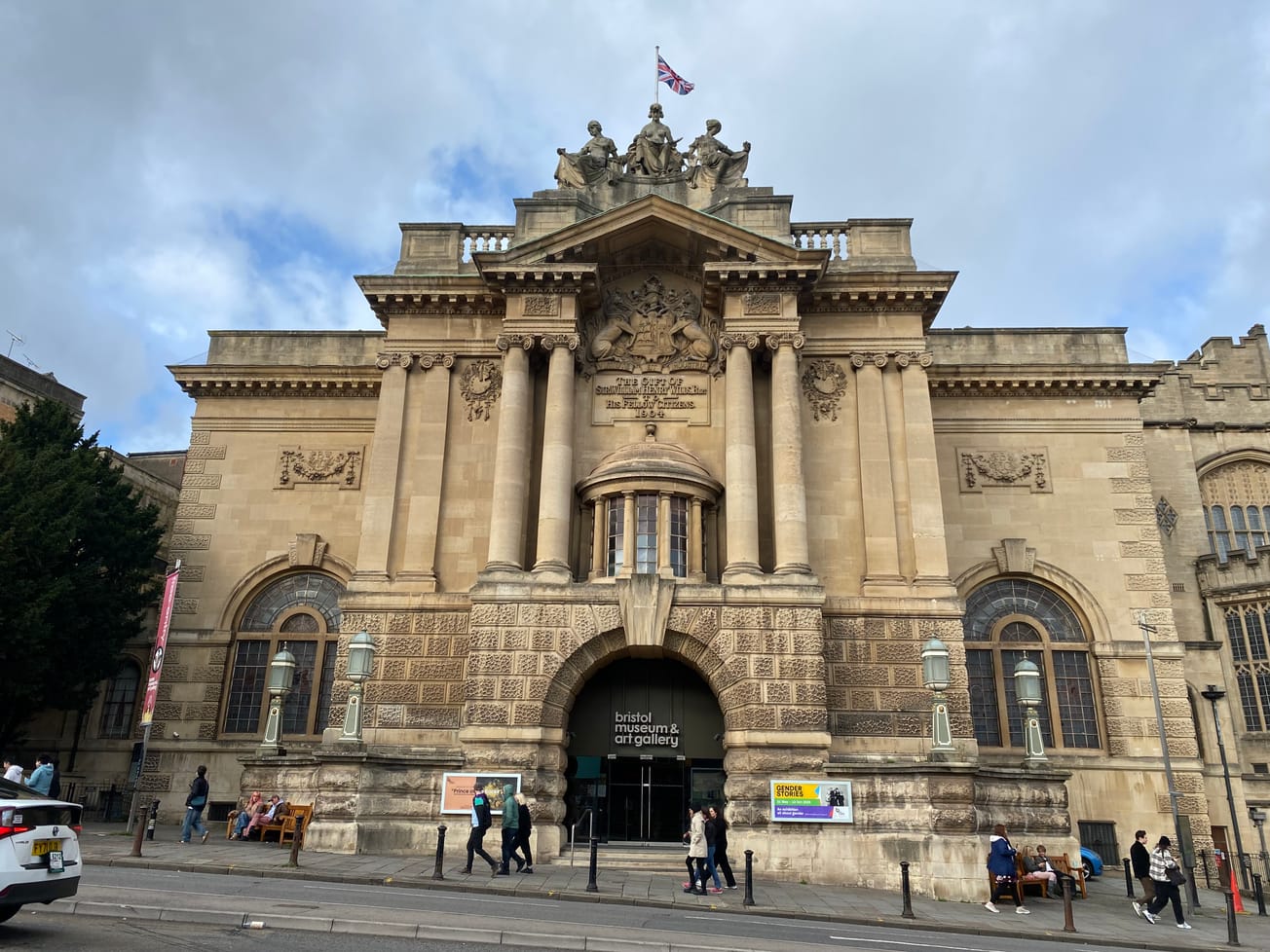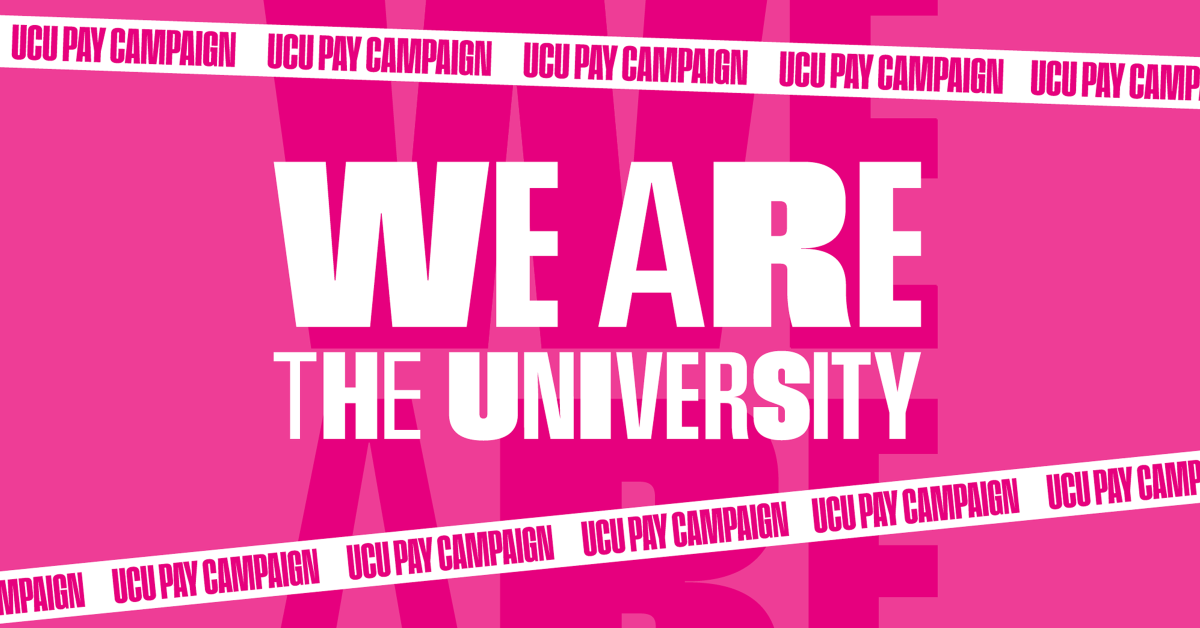The action took place after a UCU ballot saw 65.4% of members nationally vote in favour of strike action due to an ongoing dispute over pay, short-term contracts and a gender pay gap.
Members of staff across the nation were encouraged by the campaign to Tweet what they were doing with their day instead of working.
https://twitter.com/malcolmfair/status/735923407863320576
Some of those striking held a rally outside Senate House on Wednesday morning, and the strike also featured outside the Wills Memorial Building. The UCU argues that a 1.1% rise in income is an ‘insult’ to staff members, who have seen a pay cut of 14.5% in real terms since 2009.
They argue that universities could afford to pay staff more, especially in the context of average increases of 3% for university leaders.
https://twitter.com/Bristol_UCU/status/735803648052203520
Some of those striking were even students; postgraduates who had teaching responsibilities.
Bristol SU had also come out in support of staff participating the national strike. They encouraged students to support action, commenting, ‘Staff are being asked to do more for less and this is having a negative effect on all of our educational experiences. This is why is it within all of our interests to support the academics striking next week.’
Some students have indeed come out in favour of strike action.
https://twitter.com/thomas_phipps/status/735404670852681728
From the 25th May, staff have also announced that they will refuse to work overtime and fulfil only the duties specified in their contracts.
The UCU have also threatened further strike action in June and July, as well as boycotts of setting and marking students’ work in autumn, if the Universities and Colleges Employers’ Association (UCEA) do not revise their offer of a 1.1% pay rise.
The SU, and the University of Bristol, had also emphasised that the strike would have a ‘minimal impact’ on students. However, the noise disruption did affect some students sitting exams and studying in nearby buildings.
A third-year law sitting her third-year law module exam at Wills on Wednesday commented,
‘I had an exam Wednesday morning in wills. Despite all the windows being shut you could hear the chanting and shouting word for word inside which made it quite difficult to concentrate on writing an essay.
We didn’t even get to sit our finals in silence. We’ve been informed that an incident report has been filed and the examiners will be notified, but I’m not really sure how much of an effect this will have.’
https://twitter.com/sophiejhunter/status/735482834916253696
In addition, the annual final-year drama showcase, Gradfest, where students perform theatre pieces and show their films for direct teacher assessment, was scheduled for the two strike days.
Drama staff ended up officially striking to protest the disproportionate pay rises, but came in on a volunteer basis to assess students’ work.
Drama staff regularly put in overtime, but at the same time are heavily involved with their students and in preparations for Gradfest. In addition, the performed nature of the drama examinations made it a unique, unfortunate coincidence where industrial action impact would have been serious, causing some initial worry among final-year drama students.
The UCU had explicitly stated that ‘the union's advice is that you do not reschedule work including classes.’
A third-year drama student who was involved with the staff-student negotiations commented, ‘Our teachers ought to be given credit for what they do. At the same time, working on Gradfest with them so closely, and then getting told that something like that has come up... '
'...it tears everyone apart’
He later emphasised, however, the positivity and success of drama staff and students working together to come up with a solution that fits all but that also still addresses the core issue.
Tracey Hooper, Bristol UCU President, said of the strike,
‘Industrial action which impacts on students is never taken lightly, but staff feel that they have been left with no alternative. It’s time for universities to invest in teachers, researchers and administrators.’
The outcome of the strike remains to be seen. They have certainly caused a stir, arguably reaching part of their aim: the UCU stated that ‘the point of taking action is to cause disruption in order to persuade the employers to return to negotiations.’
Featured Image/ Flickr/ Heather Cowper









